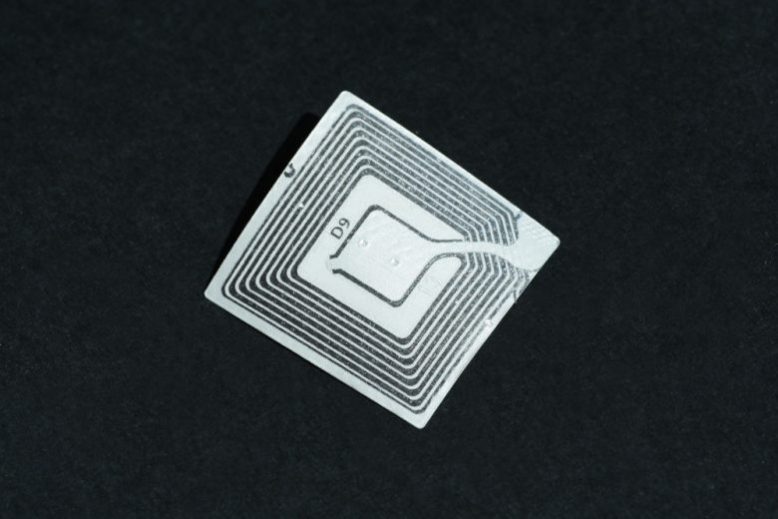RFID standardization: more than just a jump in the chip

Contactless bank cards, travel tickets, anti-theft devices ringing at clothing store gates… RFID (Radio Frequency Identification) technology is everywhere in our lives. Those who use it will tell you: it saves time thanks to fast, reliable data reading. But it’s evolving fast, in line with data processing and privacy requirements. There is also the question of occupying the radio frequency spectrum.
The voluntary standards that have enabled designers and users of this technology to use common protocols need to be completed, and sometimes revised. Currently, 27 international voluntary standards are being developed to support the multitude of applications for RFID technology, and to meet the specific needs of each. In France, these standards are devised by professionals within a dedicated AFNOR commission. This same committee is responsible for barcode standards and, more recently, for the design of QR codes such as those on our sanitary passes.
RFID: taking technology to the next level
“All use cases have their technological limits. It’s important to invite players in the field, including users, to share their feedback,” explains Claire Delabre-Chagué, AFNOR project manager in charge of the mobility and energy division. A first series of ideas will be put on the table at the AFNOR web-conference organized on this subject on September 24, 2021. “Each new discussion could raise new constraints that will lead to a new standard. We’ve seen this in the past: with the first generations of RFID tags (the labels incorporating the chip), it was very complex to carry out an inventory correctly. Indeed, the same information could be scanned several times, totally distorting the result. The addition of new standards made it possible to develop a new generation of chips which solved the problem”, says Jean-Christophe Gilbert, head of AIDC (automatic data capture) technology at GS1 France and chairman of the AFNOR commission.
It is therefore in the common interest that this round table aims to bring together as many RFID players and users as possible, from all sectors, from industry to logistics, from retail to transport… By mobilizing as many people as possible, RFID will be able to do much more than just leapfrog!